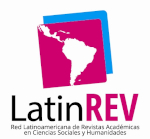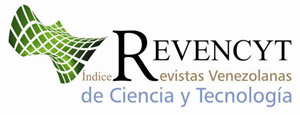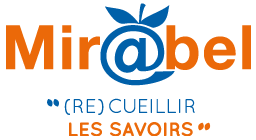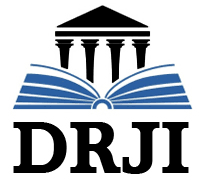Learning community an educational dialogical space in the university context
Keywords:
Learning community, dialogic theories, dialogic space, university contextAbstract
This essay analyzes the most significant aspects of the conception of learning communities as an educational dialogic space in the context at the university level. In this context, they are considered communities whose fundamental purpose is to link the various educational agents with networks. dialogic to form the professional future through these communities, training processes considered as important factors in the search for educational excellence. Its creation requires the collective work of both the teachers and the participants, where dialogic interaction is the center of their attention, which emerges from these communities. Therefore, it is a decisive process for the construction of shared and consensual knowledge. Likewise, the dialogue is strengthened in the collaboration between the members of the group, consolidating itself in a learning process where everyone participates by contributing ideas, knowledge and significant experiences and where new knowledge and collaborative learning experiences are generated among the members of the community. Hence, social dialogue is reinforced among the participants, who learn to actively self-manage their learning, since in this process the collaborative learning methodology is fundamental for its application together with the various dialogic theories that support it.
Downloads
References
Aubert, A., Flecha, A., García, C., Flecha, R. y Racionero, S. (2008).Aprendizaje dialógico en la sociedad de la información. Barcelona: Hipatia.
Elboj, C, Valls, R, y Fort, M. (2000). Comunidades de aprendizaje. Una práctica educativa para la sociedad de la información. Cultura y Educación, 12(1-2), 129-141. https://doi.org/10.1174/113564000753837241
Elboj, C., Puigdellivol, I., Soler, M. y Valls, R. (2006). Comunidades de aprendizaje, transforman la educación. Barcelona España: Grao.
Flecha, R. y Díez-Palomar, J. (2010). Comunidades de Aprendizaje: Un proyecto de transformación social y educativa. Revista interuniversitaria de formación del profesorado, 24(19-30).
Freire, P. (1997). A la sombra de este árbol. Barcelona: El Roure.
Habermas, J. (1978). Teoría de la acción comunicativa. Vol 1: racionalidad de la acción y racionalización social. Vol II: Critica de la razón funcionalista. Madrid: Taurus.
López, I y Medina. J.(2023). Proyecto CONECTA: creación de comunidades de aprendizaje en el ámbito universitario. Universidad de Málaga. https://riuma.uma.es/xmlui/bitstream/handle/10630/27150/ComunidadesAprendizaje
Marauire, J., Villarejo, B; y García, R (2020). Tertulias teológicas dialógicas en educación primaria: aprendizaje y enseñanza de la religiosa en un espacio dialógico. Universidad de Deusto. España. Historia Social y Educativa, 9(2), 201-223. http://dx.doi,org/:10.17583/hse.2020.4914
Mercer, N. y Littleton, K. (2007). Diálogo y desarrollo del pensamiento infantil, un enfoque sociocultural. London: Routledge.
Vega, M. (2020). Creando comunidades de aprendizaje en la Universidad: Una propuesta de formación experiencial. Madrid: Morata.
Vygotsky, L. (1997). El desarrollo de los procesos psicológicos superiores. Barcelona: Critica.
Published
How to Cite
Issue
Section
License
Copyright (c) 2024 Gladys Coromoto Freites

This work is licensed under a Creative Commons Attribution-NonCommercial-ShareAlike 4.0 International License.





















